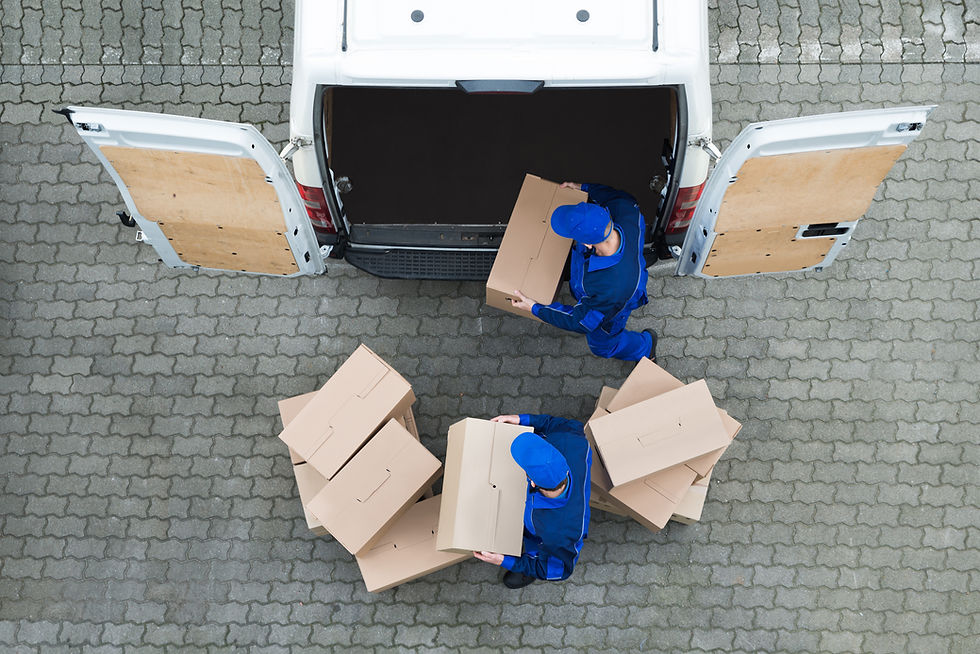Legal Aspects about Dropshipping
- Brasil Fernandes Advogados
- Apr 14, 2021
- 2 min read

Jeffrey Bezos, the owner of Amazon.com, left a famous company on Wall Street where he worked when at age 30 he noticed the emerging evolution/revolution of the internet and envisioned a new business that no one had yet thought of.
Scattered in more than 18 countries, Amazon remains the largest e-commerce name in the world. What most people do not know, is that not all products sold leave their own warehouses.
The technique used by brands such as Amazon, eBay, Free Market, and many others is known worldwide as dropshipping, and has a mechanism the use of inventory of third-party products to make their sales.
But in Brazil, is this technique legal? How does this work and how do you regularize your dropshipping business?
Basically, dropshipping is a way of selling products through websites, acting as an intermediary between the buyer and the supplier - usually from China or the United States, but also in Brazil.
The great ease in the use of this technique of e-commerce, brings some doubts about its legality and also of the security both for who sells, as for the consumer that will acquire and receive this product.
The regulation of dropshipping falls into the category of importation once the modality is seen as a normal import. The main difference is the moment of sampling before the IRS. It is also interesting to know the legislation that regulates e-commerce and also the Code of Consumer Protection since here in Brazil the consumer has undeniable protection on their relations with supplier, importer and also of commerce in general.
In addition, since the imported products do not have an invoice, only the national or nationalized, the fiscal document issued abroad does not serve as an invoice here in Brazil. Thus, the process of "nationalization" of the product will be necessary so that the company that will use dropshipping can issue invoices and pay taxes for the product.
Due to the great fragility that the technology still has in the sense of avoiding fraud and unfair competition, it is very important that those who will work with dropshipping choose very carefully the supplier that will develop the entire process after the purchase, in which case make a pre-valuation of this supplier verifying the origin of the company and its products.
Finally, attention should be paid to the "chargeback" or better, in case of return of the product due to the consumer's right of regret, because if a customer needs to exchange or return the purchase, almost the whole process of return it will also be on the account of the supplier - less, of course, the contact with this customer, which is always the responsibility of the virtual store.
Because it is a relatively new technique in Brazil, there are numerous issues to be addressed in order to protect the brand, the virtual store, and even its clients, thus always advising the advice of a lawyer specializing in the subject..




Tentang kami kabar4d